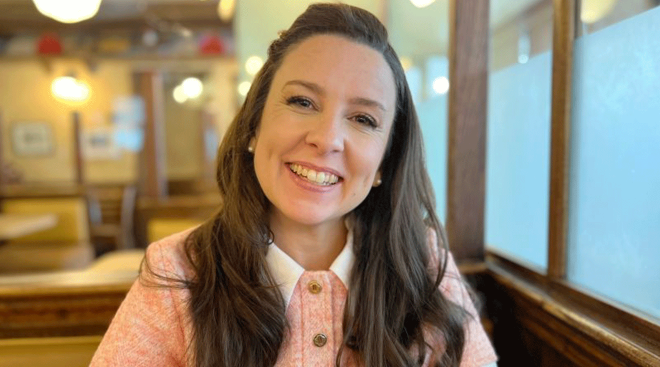Cash Aid for Low-Income Moms Boosts Baby’s Brain Activity, Study Says
Experts have long believed there is a correlation between poverty and life outcomes for children. Now, a new study has found that a reduction in poverty can directly impact a young child’s brain development.
The study was conducted by researchers in six universities across America: Teachers College, Columbia University; the University of Wisconsin, Madison; the University of California, Irvine; Duke University Sanford School of Public Policy; New York University; and the University of Maryland. They wanted to look at whether an intervention that reduced poverty directly impacted a young child’s brain development.
For their study, published in the journal Proceedings of the National Academy of Sciences, they measured brain activity in 435 one-year-olds who were already participating in Baby’s First Year study. The new study builds on Baby’s First Year, which is the first study in America to look at the impact of poverty reduction on family life, as well as babies’ and toddlers’ cognitive, emotional, and brain development. For the Baby’s First Year study, researchers recruited 1000 eligible moms from New York City, greater New Orleans, the Twin Cities and Omaha metropolitan areas. These moms received a monthly cash gift of either $333 per month or $20 per month for the first 52 months of baby’s life. These gifts were distributed on debit cards and the moms, many of whom were Black or Latina, were able to spend them however they wanted. The study started in May 2018 and ended in June 2019, and researchers collected data when the kids were 12, 24, 36 and 48 months old.
For the new study, researchers used electroencephalography (EEG) to measure the kids’ brain activity. The technique uses a cap placed on the child’s head, which then records the brain’s electrical activity (better known as “brain waves”). The study found that the babies whose moms had received $333 per month had more high-frequency (i.e. fast) brain activity compared with babies whose moms received $20 per month. Due to past research, the study links fast brain activity to increased learning and thinking.
“We have known for many years that growing up in poverty puts children at risk for lower school achievement, reduced earnings, and poorer health. However, until now, we haven’t been able to say whether poverty itself causes differences in child development, or whether growing up in poverty is simply associated with other factors that cause those differences,” Kimberly Noble, professor of neuroscience & education at Teachers College, Columbia University, as well as the senior author on the study, said in a release. “All healthy brains are shaped by their environments and experiences, and we are not saying that one group has ‘better’ brains. But, because of the randomized design, we know that the $333 per month must have changed children’s experiences or environments, and that their brains adapted to those changed circumstances.”
While the study did find that a reduction in poverty boosted baby’s brain activity, researchers are not sure if these changes will persist over time. They say more research is needed, including more studies on how the mothers spent the money, as well as how having more money might have changed parenting behaviors, family relationships and stress.
“Families are all different, and the potential promise of money as a way of directly supporting families is that it allows parents to make choices about what their children most need. Thus, there may not be just one way in which money positively affects families; money may matter in a lot of small ways,” co-author Katherine Magnuson, Vilas achievement professor and director of the Institute for Research on Poverty at the University of Wisconsin-Madison, also said. “We hear from the mothers in our study how challenging it is to raise children without enough money…a few hundred dollars a month has the potential to do a lot of good for these families.”
“Global evidence is thin on how children are affected by cash transfers, especially with respect to very young children,” co-author Lisa Gennetian, Pritzker professor of Early Learning Policy Studies at Duke University, also said. “This is mostly because it is so hard and expensive to objectively capture children’s development. This study’s findings on infant brain activity are unprecedented and really speak to how anti-poverty policies—including the types of expanded child tax credits being debated in the U.S—can and should be viewed as investments in children.”
Navigate forward to interact with the calendar and select a date. Press the question mark key to get the keyboard shortcuts for changing dates.





















































